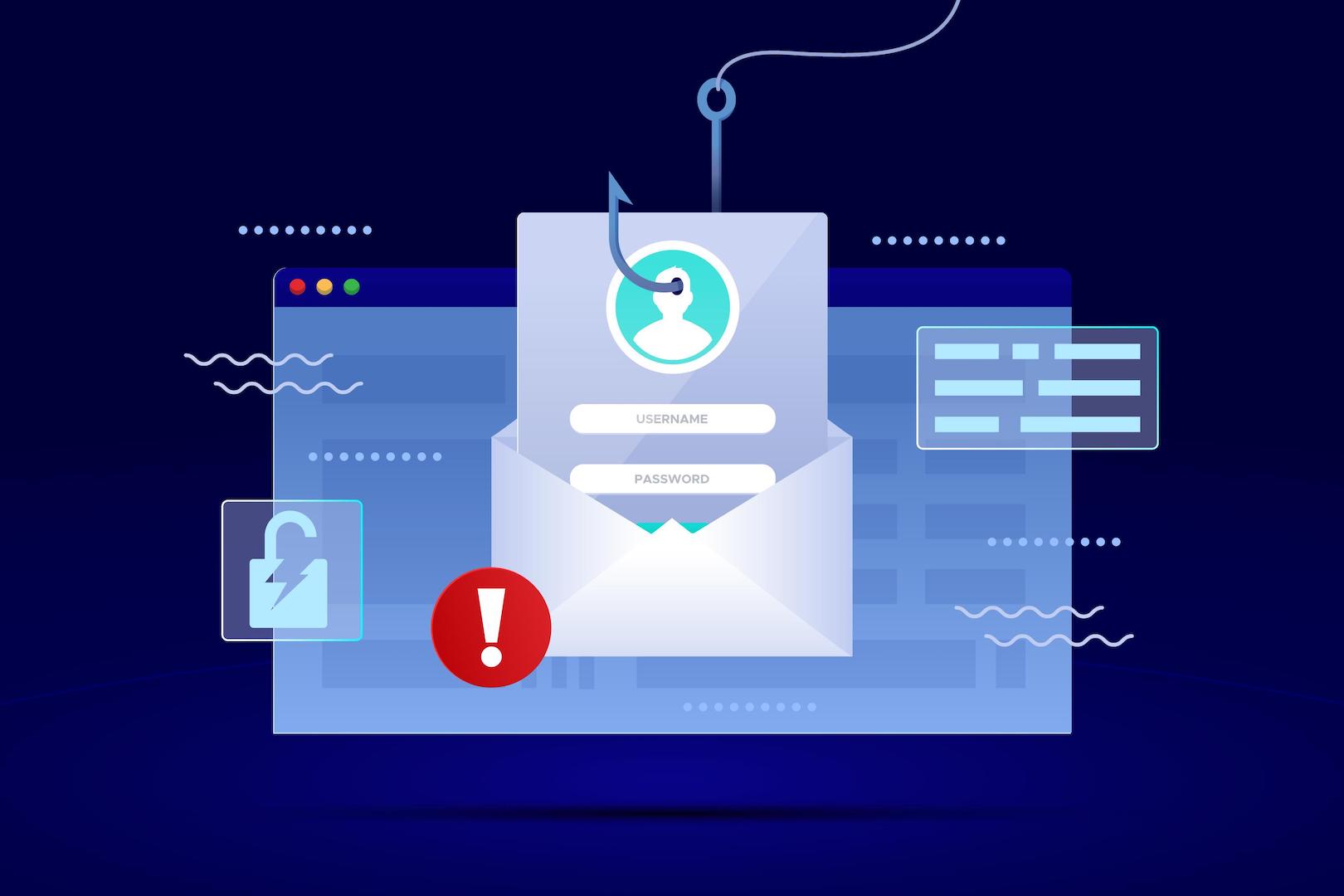As a project manager, you may often wonder what it takes to do better at your workplace. How can you enhance your skills and be better at what you do? What does it take for managers to sit up and take notice of your work and recommend you for that lucrative promotion? The answer lies in three words – “Project Management Professional” or in short, PMP.
PMP from PMI (Project Management Institute):
Project Management Professional (PMP) is the flagship certification course from PMI – Project Management Institute. It is an industry-recognized body with 500,000 members globally and has local chapters at 300 international locations. PMI is a leading institute providing certifications in program, project, and portfolio management.
The institute celebrated its 50th anniversary in 2019 and is considered a thought leader in the project management space. As a part of this initiative, the institute regularly conducts research on companies and project managers who are at the forefront of challenging situations.
Prerequisites to Register for PMP:
Any project manager looking to apply for the certification should fulfil the following criteria.
1. Have a secondary degree, direct projects for 7500 hours, CAPM certification, or 35-hour project management education.
OR
2. Have a 4-year degree, 4500 hours leading and directing projects, CAPM certification, or 35-hour project management education.
Usually, project managers who are responsible for delivery of all areas in the project are well suited for this certification. They work with cross-functional teams for the delivery. The knowledge gained through the PMP certification training helps them apply the methodologies learnt in their workspace.
PMP Exam is Industry Agnostic:
The PMP certification exam is not industry-specific. Aspirants hail from various industries like IT services, Banking, Engineering, Business Transformation, and Operations. The exam concentrates on five key areas that every project manager would come across on a daily basis. These involve initiation, planning, execution, monitoring, controlling, and closing.
The exam essentially focuses on these areas and does not pay singular attention to any lone industry-specific area. Once a project manager is PMP® certified, they can move across industries with more flexibility. For example, a banking professional with a PMP certification can apply for a project manager role in an IT services firm in the banking horizontal.
Salary of a PMP Certified Professional vs Non-PMP:
Once every two years, the PMI conducts a survey called “Earning Power”: Project Management Salary survey. A survey conducted in 2017 indicated that the salary of PMP certified project managers was 23% more than their peers on average. A detailed survey was conducted across several countries.
The median annual salary for project managers in India was USD $25,959(INR 17,00,000). The survey also checked if respondents had a career path within the organisation. 33% of the respondents confirmed that a defined path existed for them. They also confirmed that their career path consisted of roles in Upper Management. The participants in the survey were project managers, consultants, program managers, portfolio managers, and director of the project management office (PMO).
Is the Certification Worth Your Time and Money?
For dedicated project management professionals, undergoing a Project Management Professional Course is highly beneficial. This may involve a partial or full reimbursement of the certification fees on successful completion of the same. If this is not the case, it is important that you understand that the benefits of career advancement and increase in your pay will far outweigh the cost of the certification.
When you look through job postings on Linkedin, you will notice the Job description listing the candidate’s profile with the addition of (PMP certification) a plus. This indicates that while experience matters, profiles with PMP® certification are preferred more.
With respect to time and as hard-working professionals, you should look to maximise whatever time is available at hand. The PMI recommends learning the PMBOK (Project Management Book of Knowledge) to clear the exam. Another book on PMP® authored by Rita Mulcahy applies technical knowledge to some practical examples.
It is important to know the concepts and application aspects. Try getting the concepts first through the PMBOK. A good way to start preparation would be to allocate a few hours every weekend to go through the PMBOK.In addition to this, certification training institutes offer in-depth guidance on applying and cracking the PMP at a minimal cost.












